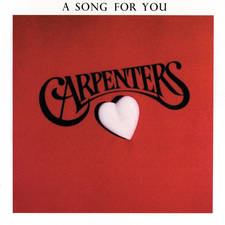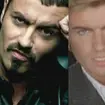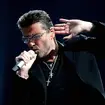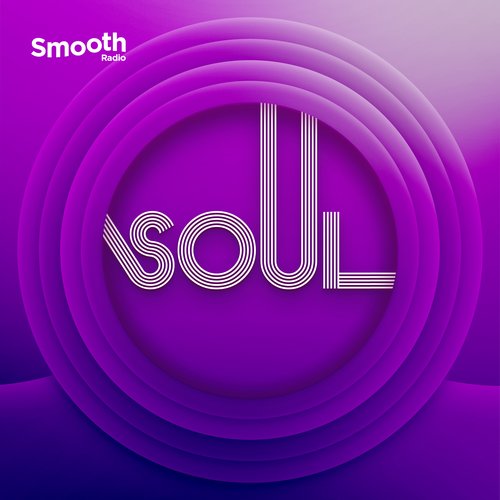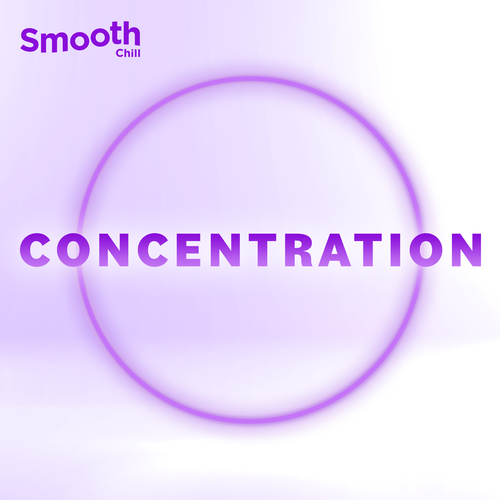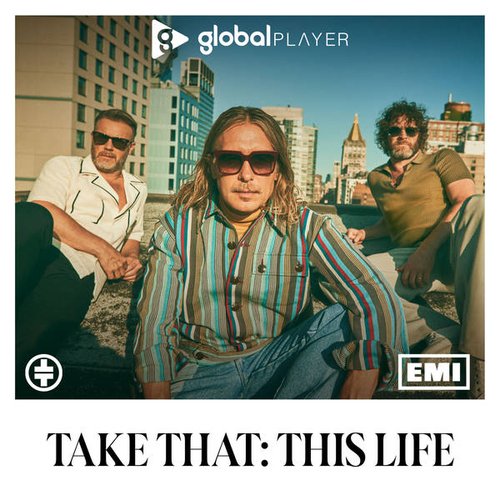George Michael's stunning stripped back version of 'A Different Corner' is a lost masterpiece
1 November 2022, 13:01
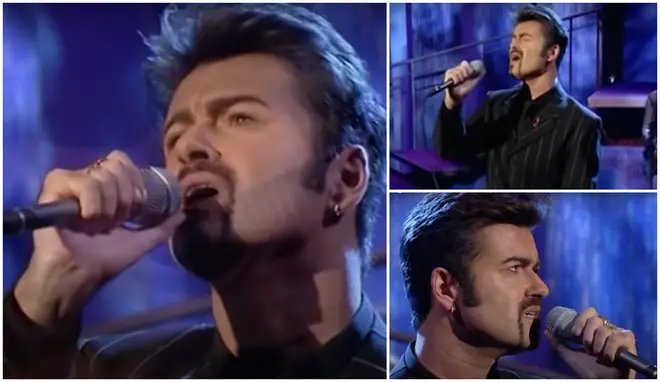
George Michael gave many live performances during his long career, but his appearance on 'Parkinson' in 1998 – just months after he was arrested – was unparalleled.
It was 1998 and George Michael was at a bizarre stage in his career.
The Wham! superstar had been arrested over an incident in a public toilet in Los Angeles, had come out to the world as gay, and had subsequently seen his Greatest Hits album sit at number one for four weeks in a row.
- 7 times George Michael blew us away with phenomenal cover songs
- George Michael sings jaw-dropping version of ‘This Little Light of Mine’ in rare backstage video
- 8 times George Michael stunned strangers with private acts of charity
- George Michael's 20 greatest songs ever, ranked
As the furore continued, George Michael decided to give a major hour-long interview with TV chat show host Michael Parkinson, giving his own side of the story, while also singing some of his best-loved hits.

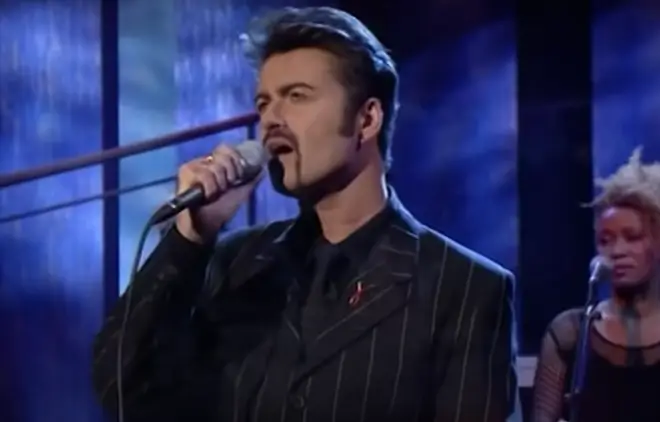
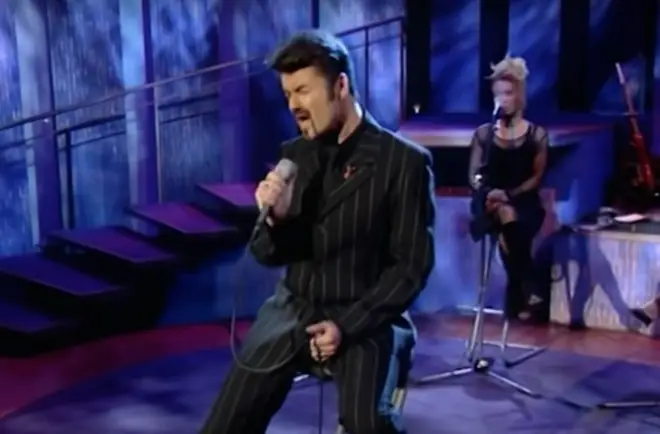
The resulting live performance of 'A Different Corner' is spectacular, a song that George Michael had previously said was "genuinely the sound of a man whose heart's been broken."
Speaking in 2014 George explained what inspired the song, "I was 19 and the best critique I ever heard of that song was from a friend of mine who said, 'It's beautiful, pathetic, but beautiful.'
- When George Michael came out as gay on live TV and inspired a generation
- The powerful moment George Michael first locked eyes with ‘future soulmate’ in audience
- When George Michael visited a dog shelter with Geri Halliwell, and made our hearts melt
- The Story of... 'A Different Corner' by George Michael
“I felt like sh*t. I went in and recorded exactly the way I felt, and that’s the way it sounds," he added. "It was partly Wham! and partly the end of a relationship.
"It was the farthest I’d ever fallen, and in a very short period of time. I had to get rid of it somehow, I had to write about it. That’s a really perverse side that I’m sure a lot of writers have -‘I feel like sh*t, but maybe I’ll get a good song out of it.’”
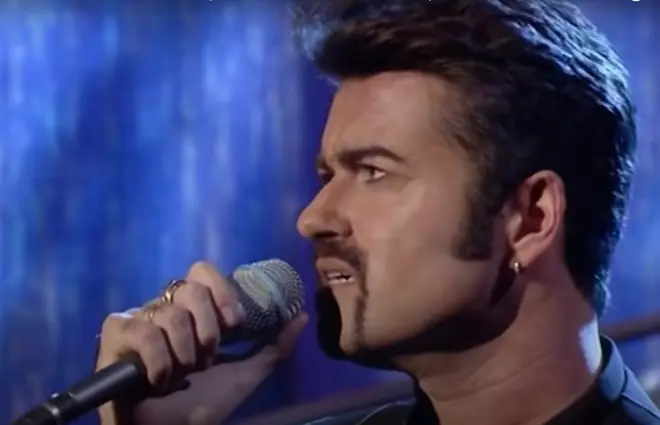
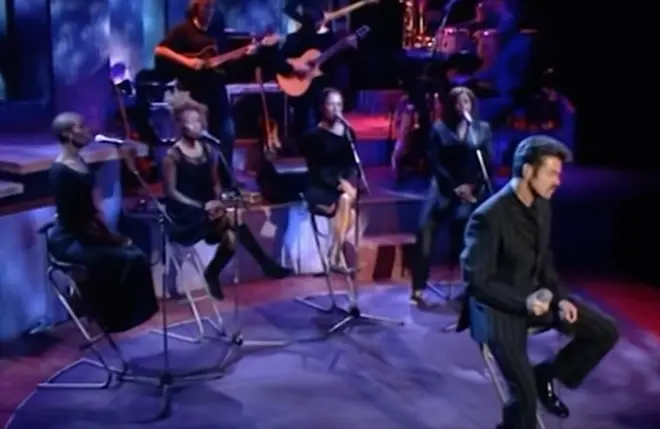

George Michael - A Different Corner (Live On BBC Parkinson Show)
Sitting on a stool and accompanied by a handful of back singers, the performance saw George at his paired-back best, with his vocals – and the lyrics of the heartbreaking song – taking centre stage.
The interview saw George Michael open up to Michel Parkinson about the difficulties of the last few years and how coming out publicly has affected him.
- Watch George Michael admirably deal with shockingly rude interviewer who tries to out him
- When George Michael was exposed on This Morning as secret £50,000 donor who sent needy kids to Lapland
- When the Queen asked to meet George Michael: Royal was Wham! fan and 'knew all their hits'
- 21-year-old George Michael's duet of 'Careless Whisper' with Smokey Robinson is magnificent
"I’ve had a very strange, not just strange, but a very distressing five years," he began.
"The arrest happened within about a week of what I felt was the end of my intense grieving period for my mother, so I’d come out of about five months of terrible depression, depression that where I was afraid for the first time, that I was really scarred by the things that had happened to me.
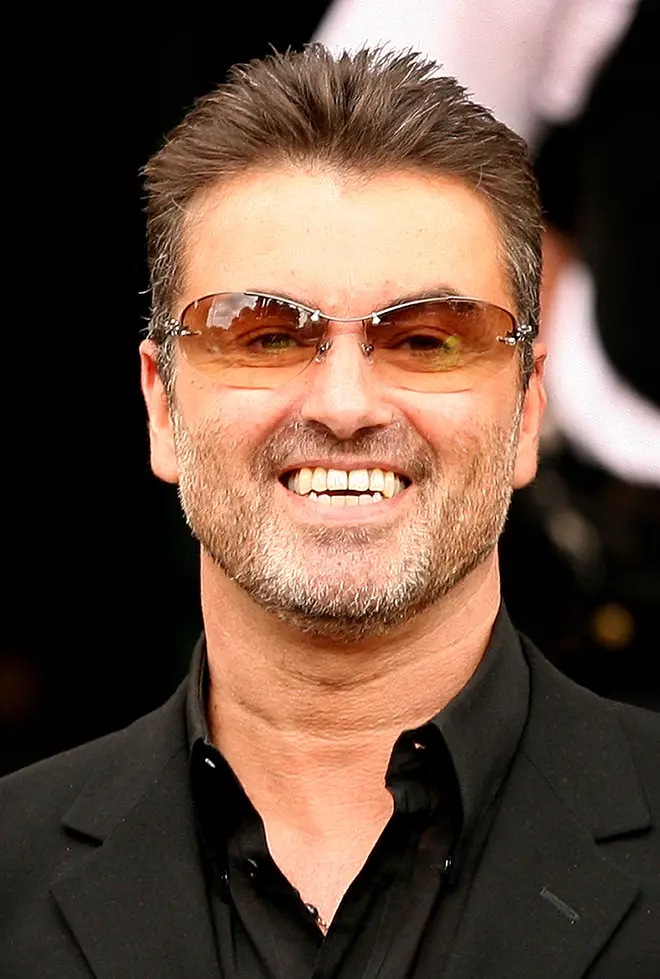

George Michael talks about his sexuality (1998)
"And when I came out at the other end of that depression I was so grateful that that was over, that when [the arrest] happened it almost, within a day – of course, for a day I was, like, humiliated as hell, and I was embarrassed and had to deal with GEORGE MICHAEL [all over the papers]," he said, referring to the worldwide headlines.
"But after about a day, a day and a half, I could – almost immediately, actually, I saw the funny side of it, you know, and I just thought, you know, you’ve got to be able to laugh at this. If you can’t laugh when everyone else is laughing then you’re in trouble, you know. And god knows, everyone else was laughing.
- Why did Wham! break up?
- Watch incredible moment George Michael sang to dying "secret first love" at concert
- Forgotten loves of George Michael, Freddie Mercury and Elton John: The secret women they loved
- Remembering George Michael and Ricky Gervais's filthy innuendo-filled comedy sketch
The interview with Parkinson came after George spoke publicly about his sexuality for the first time, on a live TV show in the US.
The landmark interview with CNN starts saw George tell the audience: "I spent the first half of my career being accused of being gay when I hadn’t had anything like a gay relationship. In fact, I was 27 before that happened to me.
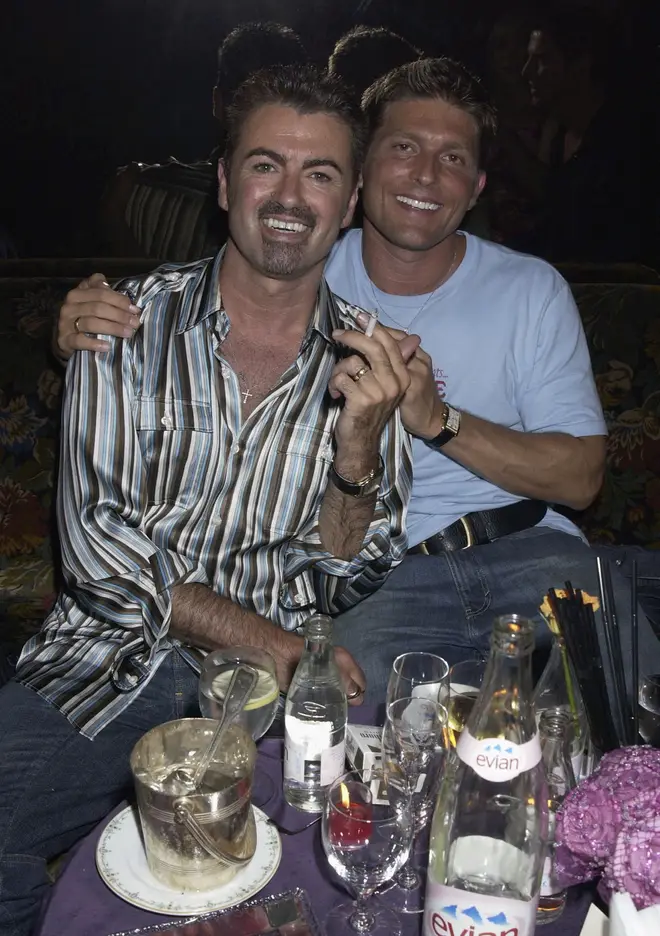

Pepsi & Shirlie interview: George Michael, Wham! and Us
"And then by the time I’d kind of worked out what it was and I’d stopped having relationships with women, I was just so indignant about the way I had been treated until then, I just thought, well, I’ll just hold on to this. They [the media] don’t need to know.
"I don’t think I should have to tell them. But, you know, this is as good a time as any.." he says.
- The incredible night George Michael went undercover to watch his impersonator
- Watch George Michael's last ever concert, where his final words were heartbreakingly poignant
- How George Michael changed my life: Famous friends reveal his lasting influence
The host asks him: "So, in unambiguous terms, what is it that you want to say?"
"I want to say that I have no problem with people knowing that I’m in a relationship with a man right now," George replies.
After coming out as gay, George Michael became a public activist for HIV and AIDS, shining a light on the plight of sufferers worldwide and donating millions to charitable causes throughout his life.
